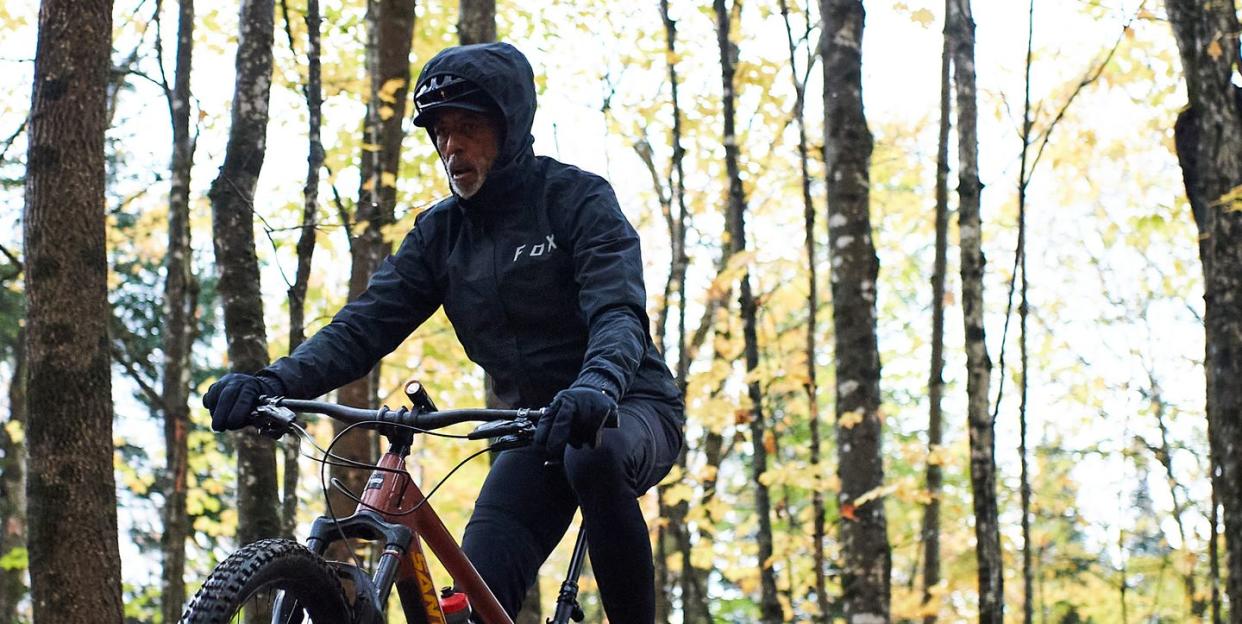RSV Is Sending Older Adults to the Hospital, Too

Cases of respiratory syncytial virus (RSV) have been skyrocketing over the past few weeks, with reports flooding in of pediatric hospitals at capacity or near capacity due to the illness. But while there’s a lot of attention on the impact of RSV in kids, older adults are also struggling with complications of the illness.
Data from the Centers for Disease Control and Prevention (CDC) show that about six out of every 100,000 older Americans have been hospitalized this season with RSV. In the past—particularly before the pandemic—hospitalization rates for older adults from RSV were about 10 times lower around this time.
How worried about this should you be? And what does it mean as people gather together during the holidays? Infectious disease experts break it down.
Why are older adults being hit hard with RSV right now?
There are a few things to consider. One is that this isn’t a total shock to doctors. “RSV always hits seniors hard during RSV season,” says infectious disease expert Amesh Adalja, M.D., a senior scholar at the Johns Hopkins Center for Health Security.
And RSV season is coming on hard and fast, and its impact on adults is linked to what’s happening with kids, says Thomas Russo, M.D., professor and chief of infectious disease at the University at Buffalo in New York. There’s more virus circulating and exposure to young children that have RSV—they can transmit it to older adults, Russo says. “There’s a huge disease burden in the pediatric population right now and there will obviously be spillover, including in seniors interacting with grandchildren.”
RSV was “long thought to just be a pediatric virus, but we now know that’s not correct,” says William Schaffner, M.D., an infectious disease specialist and professor at the Vanderbilt University School of Medicine.
What can happen when you get RSV?
The biggest concern is pneumonia, Russo says. Pneumonia is an infection that causes the air sacs (called alveoli) of the lungs to fill up with fluid or pus, per the National Heart, Lung, and Blood Institute (NHLBI). Pneumonia, which can also be caused by the flu and other illnesses, is serious and can cause hospitalization and even death. “RSV can be just as impactful as influenza,” Schaffner says.
While Schaffner says that the first time you get an RSV infection—which usually happens in childhood—is the worst, he points out that RSV is “yet another winter respiratory virus that can cause complications in your lungs and lead to pneumonia.”
RSV symptoms in adults
People who have RSV usually develop symptoms within four to six days after getting infected, per the CDC. Those symptoms can include:
Runny nose
Decrease in appetite
Coughing
Sneezing
Fever
Wheezing
Is it still okay to gather for the holidays?
Experts say you should still be just fine to get together for the holidays, but they recommend taking some precautions, especially if you or other people who will be there are ages 65 and up.
One is to ask people who have symptoms of RSV or other infectious illnesses to stay home. “People should minimize social interaction if they are sick,” Adalja says.
While there’s currently no vaccine for RSV, Schaffner recommends encouraging everyone at your gathering to get vaccinated against COVID-19 and the flu to lower the risk of passing around any respiratory viruses.
Good hand hygiene is important for everyone, since RSV can spread on infected surfaces, Schaffner says.
How can older adults stay safe from RSV?
If you’re an older adult, Schaffner recommends practicing careful hand hygiene and wearing masks in crowded indoor settings to lower your risk of getting RSV. “Religious services, group activities indoors, going to the grocery store…put on your mask,” he says. “It’s literally another layer of protection.”
If you’re particularly vulnerable to developing serious complications of RSV, like you have asthma or another lung condition, Russo recommends considering masking up around young kids, given how much RSV is spreading in that age group. “You definitely don’t want to interact with children that are ill—and they can be infectious without symptoms,” he says.
You Might Also Like
